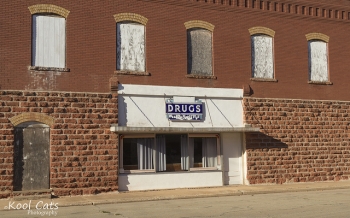A Great Drug Rehab Program Includes

A great drug rehab program should be a holistic program that caters to the needs of everyone and treats all forms of drug addiction. Providers of drug rehab programs ought to be guided by a treatment philosophy that is established upon the understanding that drug addiction is not a moral failing but a chronic disease. People suffering from disorders related to substance abuse require and deserve evidence-based treatment in contexts that provide dignity and privacy. Just Like other chronic illnesses, there are no easy cures or quick fixes for addiction. Favorable long-term outcomes are achieved when individuals are provided with the support and tools they require to attain and maintain recovery.
No two individuals are the same. Therefore, treatment plans ought not to be identical. Care should be tailored to meet individual needs, bearing in mind biological, psychological and social factors. Instead of centering exclusively on a person’s use of alcohol or drugs, the objective of drug rehab care should be to treat the whole person.
Drug Rehab Program Specialists
Each client should get care from a multidisciplinary team. The team of specialists should include:
• Medical professionals
• Psychologists and psychiatrists
• Family therapists
• Social workers
• Certified substance abuse and alcoholism counselors
• Clinical case managers
• Educational/vocational specialists
• Wellness specialists
• Continuing care counselors
Drug Treatment Programs
There are several types of drug treatment programs. A great drug rehab program should focus on these approaches.
• Residential treatment: This involves being at a treatment facility while receiving intensive treatment throughout the day. Generally, this form of treatment lasts between thirty and ninety days.
• Partial hospitalization: This form of treatment is for individuals who require on-going medical monitoring but whose living situation is stable. These treatment programs generally meet at the infirmary for 3-5 days per week and between four and six hours per day.
• Intensive outpatient program: This is not a live-in treatment program. Nonetheless, it still necessitates a major time commitment. Such programs normally meet not less than three days weekly for at least 2-4 hours daily. The program mainly concentrates on relapse prevention. These outpatient programs are oftentimes scheduled around school or work.
• Counseling (Group, Family or individual): Counseling works best in combination with other forms of follow-up support or treatment. Therapy is able to help individuals identify the main causes of their drug use. It helps the affected individuals learn healthier coping skills and repair their relationships.
• Sober living: This usually comes after intensive treatment such as residential treatment. An affected individual lives with other addicts who are recovering in a supportive environment that is free from drugs. This form of treatment is ideal for individuals who are worried about going back home because they fear the risk of relapse
• Brief intervention: This is ideal for individuals at risk for drug addiction or drug abuse, not those with a developed serious problem. It involves a number of visits to a healthcare professional to get counseling about how to avoid drugs and drug abuse.
